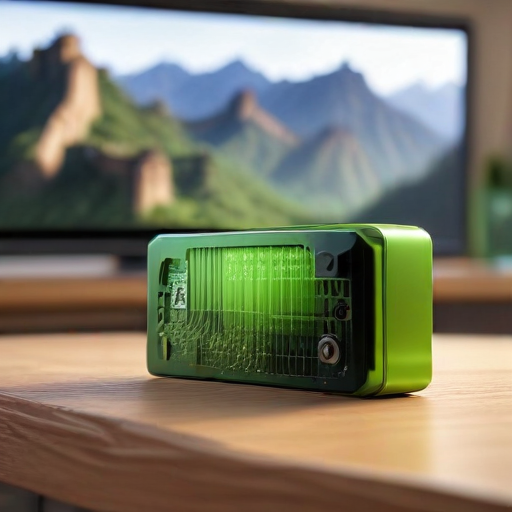As the United States contemplates stricter trade restrictions aimed at preventing advanced chip technology from reaching China, Nvidia, a prominent U.S.-based chipmaker, is reportedly developing a tailored version of its new artificial intelligence chips to align with these regulations.
According to reports, Nvidia is collaborating with local distribution partner Inspur to introduce its new Blackwell AI chips, tentatively named the “B20,” in China. The B20 is expected to begin shipping in the second quarter of 2025, although Nvidia has chosen not to officially comment on these developments.
Currently, Nvidia has designed three chips, including the H20, specifically to adhere to U.S. export controls. The company recently reduced prices for the H20 amid sluggish sales, positioning it to better compete with competing chips from China’s Huawei. Reports indicate that despite these restrictions, sales of the H20 are on the rise in China, with projections suggesting over one million units worth approximately $12 billion could be sold this year. This growth indicates a strong market presence, nearly doubling Huawei’s expectations for sales of its Ascend 910B chip.
Despite Nvidia’s current successes, there are rising concerns regarding the future of its H20 chips under tighter U.S. trade rules. Analysts from Jefferies have suggested that during the upcoming annual review of U.S. semiconductor export controls, it is highly likely that the H20 could be banned for sale to China. Such a ban could manifest through various measures, including specific product bans or limitations on computing power and memory capacity.
Furthermore, there is speculation that the U.S. may extend these export controls beyond China to cover other countries in the region like Malaysia, Indonesia, and Thailand or even overseas Chinese firms, though the latter would be more challenging to implement.
Overall, while Nvidia faces challenges from trade restrictions, its proactive approach in tailoring products for compliance showcases its adaptability. The ongoing innovations and strategic partnerships formed by companies like Nvidia enable them to navigate complex international regulations while still targeting significant market opportunities. With continued advancements in AI technology, there’s hope that the industry can foster collaboration that benefits various regions worldwide, despite geopolitical tensions.
